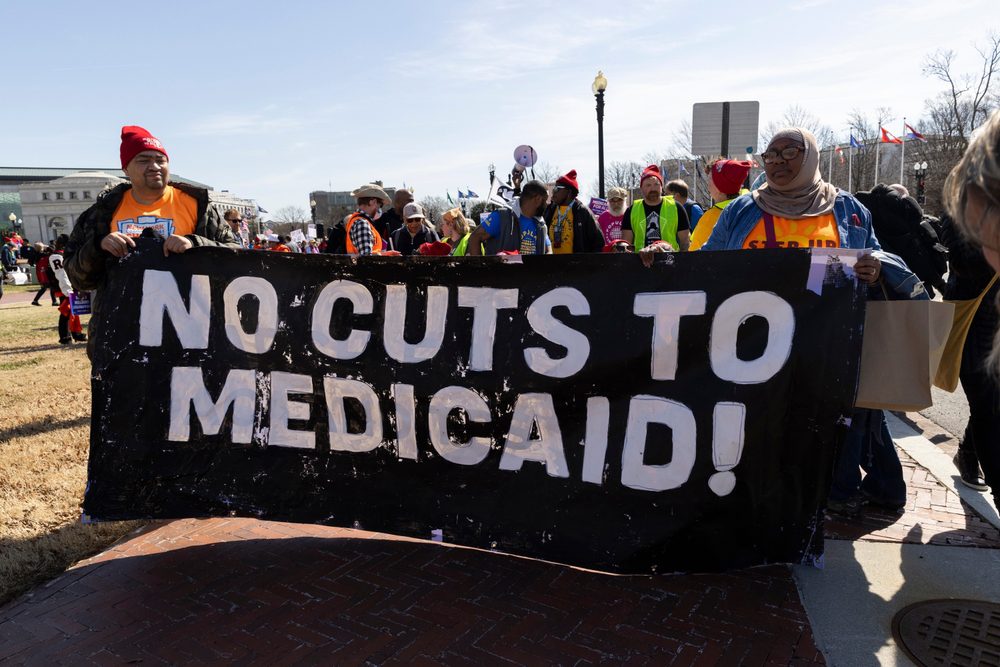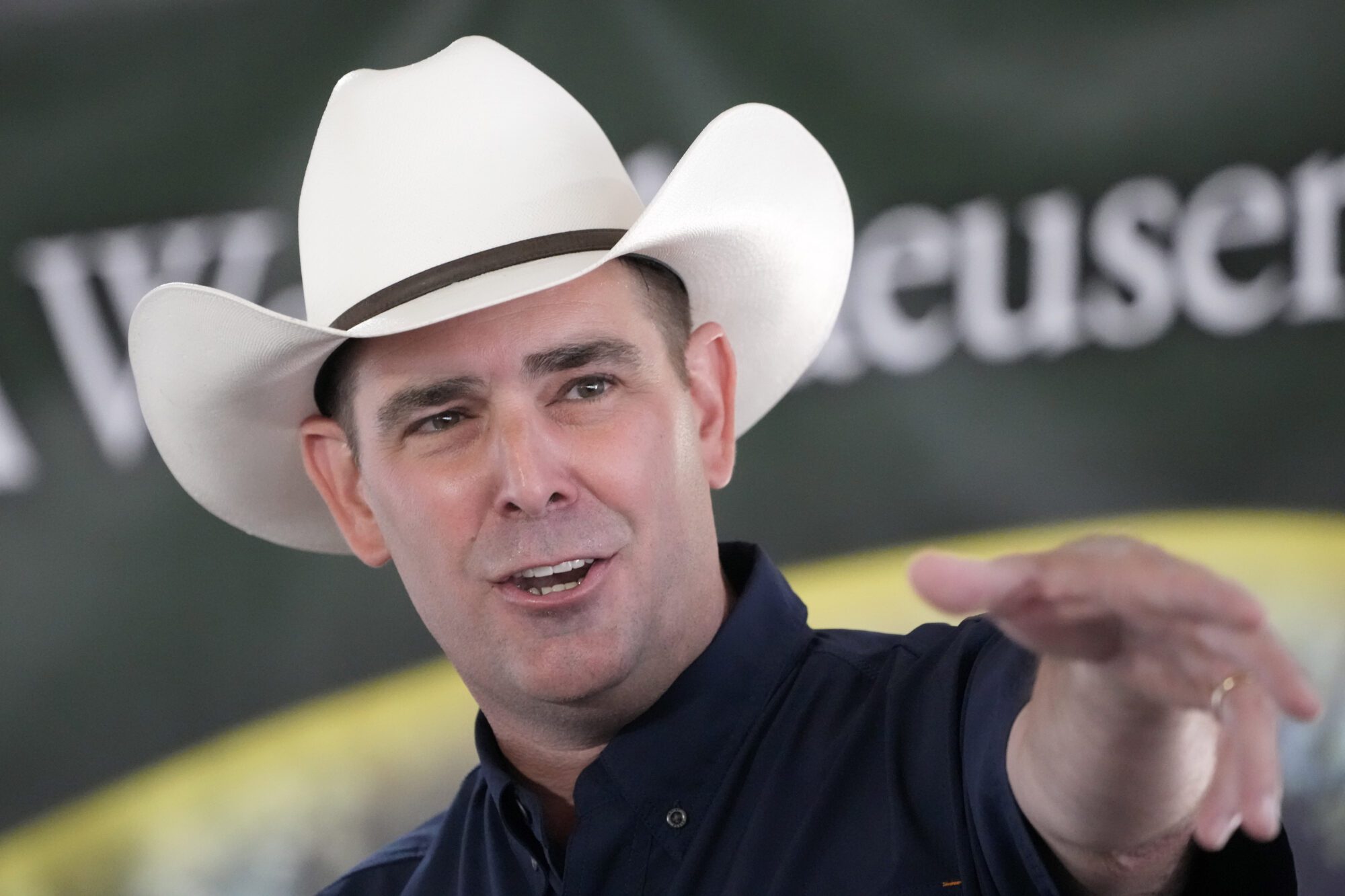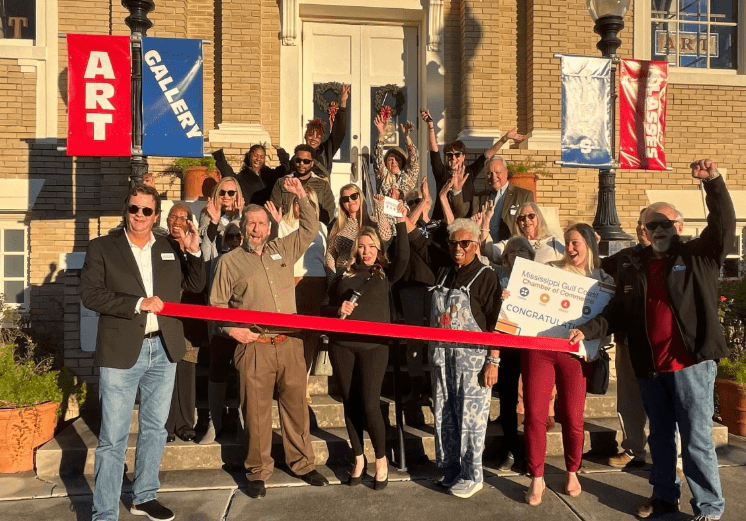
- If legislative leaders were serious about work requirements and seriously confident it would be approved, they would make Medicaid expansion contingent upon approval.
Despite chatter about a work requirement, the Mississippi House is preparing to vote on full Medicaid expansion under the Affordable Care Act today.
HB 1725 creates a new class of individuals eligible for Medicaid. That class is identical to the expansion class created by the Affordable Care Act (Obamacare). It allows able-bodied adults without dependents access to the program and increases the income threshold for all adults to 138 percent of the Federal Poverty Level. That’s full expansion, not a trial or a gradual toe dipping.
How can I say that when HB 1725 attempts to limit the class of eligible expansion participants with a work requirement?
The answer is simple, HB 1725 sets an impossible to achieve work requirement objective, and then says when the impossible thing proves impossible, full expansion will occur. In other words, instead of making expansion contingent upon work requirement approval, the bill says Mississippi will move forward with or without one.
HB 1725 directs the Division of Medicaid to negotiate with President Biden’s Center for Medicare and Medicaid Services (CMS) to obtain approval for a work requirement by a deadline in September of this year.
Only the Biden Administration has not approved a single Medicaid work requirement since the President took office. It withdrew CMS guidance to states on applying for a work requirement and it successfully rescinded work requirement approvals given under the Trump administration to all but one state — Georgia, which is still in litigation around its provision.
Work requirements are inconsistent with Biden’s stated goals for Medicaid expansion. To compound the problem, even prior to Biden’s withdrawals of Trump’s work requirements, a federal district court struck down work requirements in Arkansas, New Hampshire and Kentucky, and the D.C. Court of Appeals unanimously affirmed those decisions.
So if you want to compare the chances of Biden approving a work requirement by September for Mississippi, you might think of a snowball in hell or pigs flying. It is telling that Mississippi has had a work requirement waiver request for its existing Medicaid population pending since 2017 with no action.
Despite the challenges, House leadership has expressed confidence in Division of Medicaid Director Drew Snyder’s ability to make this happen by September. Snyder is as competent as any government official in the state, but he is not Jesus. He can’t turn water into wine, and he can’t make Biden suddenly start granting work requirements in six months.
This is particularly true since HB 1725 gives Snyder no leverage in negotiations. If Biden turns down his request, Biden will get exactly what he wants — full expansion. I‘ve been out of the law game for a while, but an opening negotiation line of “if you don’t give me what I’m asking for, then I’ll be forced to give you exactly what you want” is not a strong position.
If leaders were serious about work requirements, and seriously confident it would be approved, they would make Medicaid expansion contingent upon approval. To Lt. Gov. Delbert Hosemann’s credit, he appeared to signal that was the Senate’s position on Tuesday in a radio interview with Paul Gallo. Additionally, if leaders are serious about creating the best chance of success in getting a work requirement approved, any deadline for negotiations would stretch into 2025, when it might be possible that a new administration would be more open to granting one and a new Congress might be able to fix some of the legal defects identified by the courts.
As it stands now, no one who has objectively looked at this issue thinks work requirements are possible by the September deadline. Even the biggest proponent of expansion in the state, the Mississippi Hospital Association, told a joint legislative committee it was unlikely and suggested future administrations might be more open. Snyder himself has said it is unlikely, along with Insurance Commissioner Mike Chaney.
Legislators today are voting on full expansion. If signed into law as written, it will move at least 140,000 working people off of private insurance plans and will primarily benefit adults who refuse to work or work full time.
The working poor earning between 100-138 percent of the FPL already have access to fully subsidized private health plans on the ACA exchange, with cost sharing reductions on deductibles and copays of up to 98 percent. Someone making minimum wage at a full-time job presently qualifies for those plans and only 2 percent of Mississippi’s workers make minimum wage.










